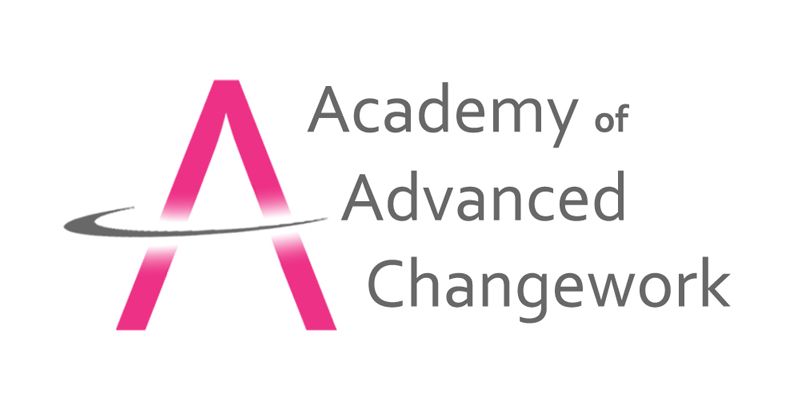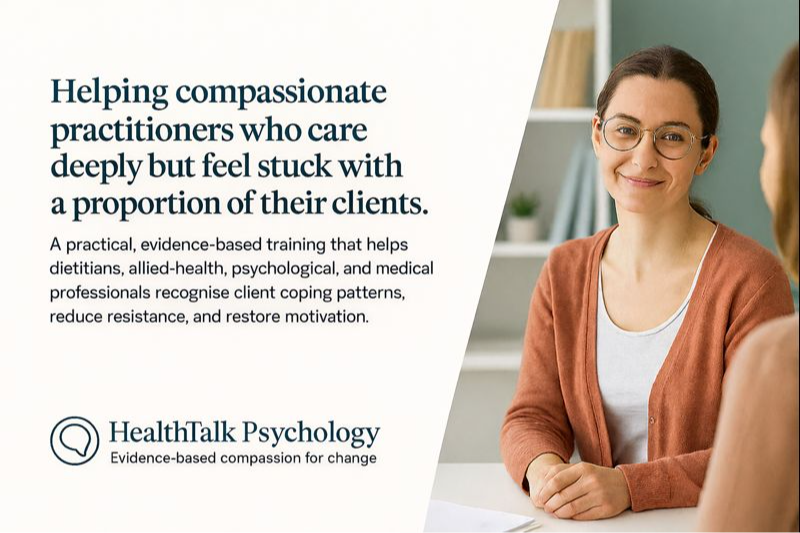
Eyes open or eyes closed?
One of the common questions clients ask is "do I keep my eyes open or close them?"
For someone who has never attended a session with a hypnotherapist before this is a not a silly question, or is it?
The media depictions of hypnotherapy are of the hypnotherapist sat observing a reclined client with eyes closed and looking relaxed and still. So it would seem obvious to predict that this is the protocol for all scenarios of how hypnotherapy is conducted right? Wrong!
Everyday, most of us vague out, albeit temporarily, after about 20 minutes of concentration. It helps the brain assimilate what we've taken in and make space for more absorption. It's as common in children as it is in adults, and the popular terminology is daydreaming.
Daydreaming is a form of trance, i.e., staring out of a window, becoming deeply engrossed and focused on a single task e.g. a repetitive task, reading or watching a good film. Another example would be chatting with someone with whom you have good rapport and losing track of time. Hypnotherapists deliberately induce this relaxed state and then offer post/hypnotic suggestions.
Most people in this state do not sit watching a film, reading a book or staring out of a window with their eyes closed, so why would it be necessary during a hypnotherapy session?
Well it isn't. The hypnotherapist can induce a trance with eyes open or eyes closed, depending on many factors. For example, if a client is feeling tired or very visually oriented it may be more comfortable to naturally close them. If a client was fearful of spiders, the hypnotherapist can induce trance with eyes open and then present a picture of a spider in a book or in a jar to the client. As the client is relaxed and being given suggestions they lose their fear towards the spider. There are many other variables that would influence the hypnotherapists decision, and this would be a clinical judgement or negotiation between the client and hypnotherapist.
It has to be said though, most clients do choose to close their eyes for comfort and for better visualisation and imagination, but it is always a personal choice and there is no evidence regarding the efficacy of either approach!






